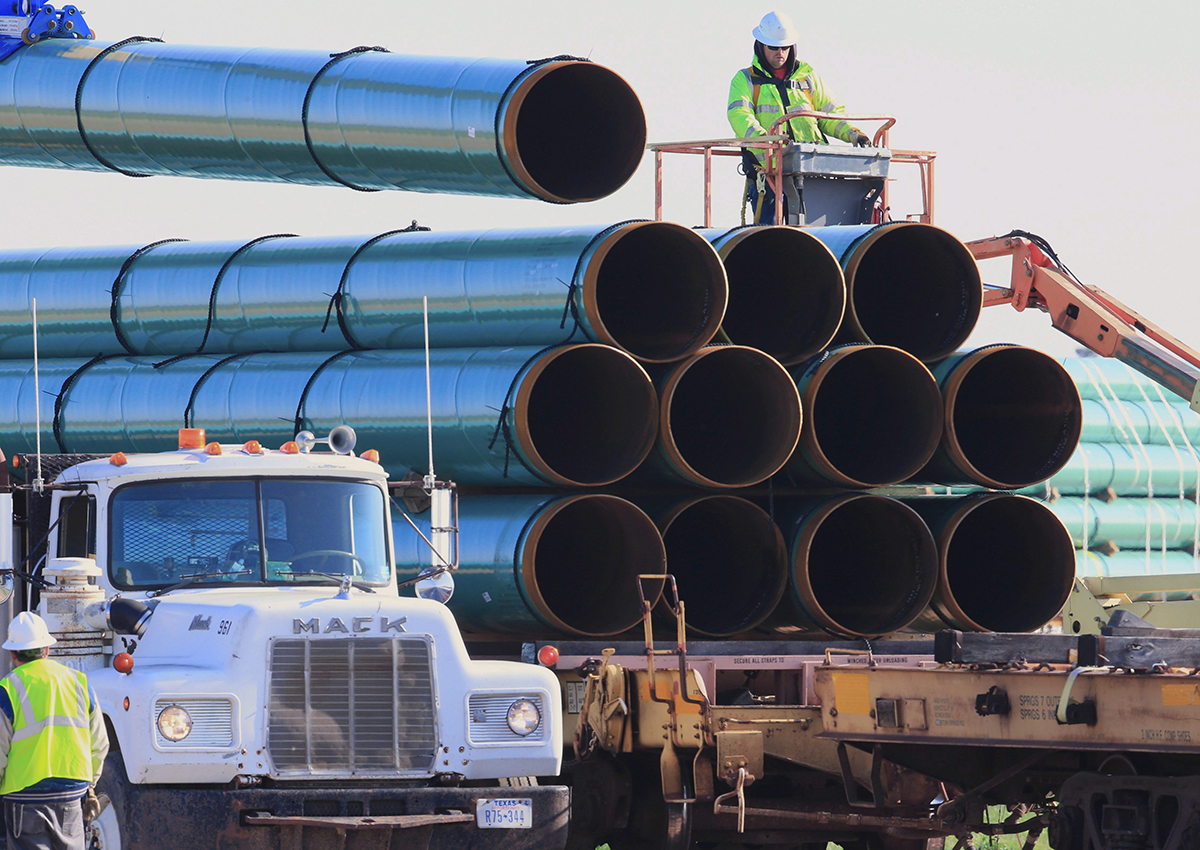As of this writing, it’s still anybody’s guess as to what the next B.C. government will look like. It’s even possible that B.C. voters could be back at the polls in a few months.

Certainly the stakes are high in B.C., but much is also at stake for Prime Minister Justin Trudeau and Alberta Premier Rachel Notley. In many ways, the future of the Kinder Morgan Trans Mountain pipeline expansion project may hinge on who forms the next B.C. government.
Pipeline approval is, technically, federal jurisdiction. But in reality, it’s clear that an organized and determined pushback can prove fatal to such projects. Northern Gateway, for example, got federal approval under Prime Minister Stephen Harper, but for all intents and purposes is dead.
Therefore, if the next B.C. premier is determined to stop the Trans Mountain expansion, that could make life very difficult and uncomfortable for a prime minister hoping to see it realized. And indeed, BC NDP leader John Horgan has vowed that if elected premier, he would use “every tool in the toolbox” to scuttle Trans Mountain.
So once again, we’re reminded that a green light from Ottawa is no guarantee for any pipeline. Unfortunately for Trudeau and Notley, they’ve glossed over that reality in an attempt to score some cheap political points. As such, their carefully constructed narrative now hangs by a thread.
As it happens, the decision by Trudeau to approve Trans Mountain (and a second project, the Line 3 replacement) and the credit he bestowed on Notley was a political victory for both politicians. It took some political courage for Trudeau to say yes, and Notley’s argument that meaningful environmental policy could make it easier for Trudeau to agree was vindicated.

Get breaking National news
Instead, though, both felt compelled to oversell what had actually been accomplished. It wasn’t enough to pat themselves on the back and gear up for the battle ahead. The temptation to rub it all in the noses of their predecessors was too overwhelming.
For example, at his town hall meeting in Calgary earlier this year, Trudeau contrasted his record with that of the Harper government. The latter, he argued, “tried to force a choice between the environment and the economy,” and as a result, “they didn’t get any pipelines approved.”
To further drive the point home, Trudeau boasted that “I have approved pipelines that the previous government wasn’t able to do.”
Of course, Harper was in no position to rule on Trans Mountain, since the National Energy Board (NEB) recommendations didn’t come down until May of 2016. However, Harper did approve the Northern Gateway pipeline. So at this point, Trudeau has accomplished as much as Harper has with regard to pipelines to the West Coast.
Other pipelines, including the Alberta Clipper and the original Keystone, were approved and constructed under Harper’s watch, so it’s not true that the Conservatives couldn’t or didn’t get pipelines built.
The Alberta NDP, meanwhile, have been just as disingenuous.
Immediately after Trudeau’s approval of Trans Mountain, deputy premier Sarah Hoffman boasted that unlike Conservative governments of the past, “we did something and … we’re getting real results.”
Earlier this year in the Legislature, environment minister Shannon Phillips took a similar approach, declaring that the NDP “secured approvals on two pipeline approvals” whereas conservative parties “failed to get pipelines built.”
The following week, Notley herself boasted that these two pipelines would bring investment to Alberta and that “those guys over there” couldn’t get it done. Two days later, Finance Minister Joe Ceci declared that “the climate leadership plan has achieved two pipelines in this province.”
As they say, don’t count your chickens before they hatch. Political games might move polls, but they don’t move bitumen exports.
As someone who supports new pipelines, I’m encouraged that we have politicians on both the left and right who appreciate the need for — and the benefit of — these projects. Perhaps then pipeline proponents could worry less about scoring political points against one another, and worry more about the battles that lie ahead.











Comments
Want to discuss? Please read our Commenting Policy first.